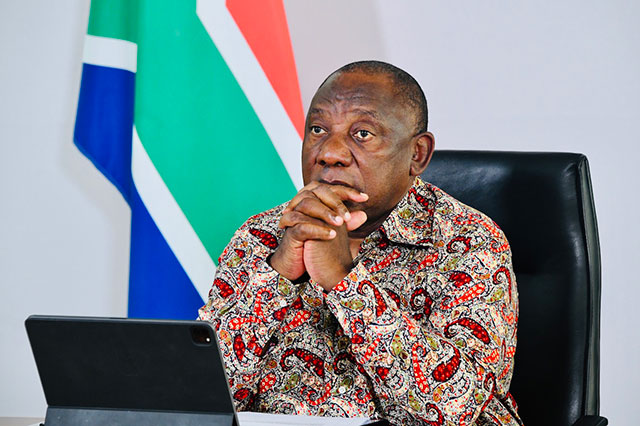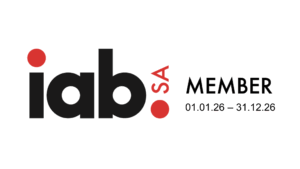Johannesburg – President Cyril Ramaphosa has called on world leaders to urgently address global inequality, highlighting it as a key focus of South Africa’s G20 Presidency.
In his weekly newsletter published on Monday, Ramaphosa said South Africa had prioritized “equality” alongside “solidarity” and “sustainability” when it assumed the G20 Presidency nearly a year ago. “We chose to focus on equality because it is essential to a more stable, prosperous and sustainable world,” he wrote.
The president described the current state of global wealth distribution as stark and unjust. “The world’s richest 10 percent account for more than half of total global income. These people account for a staggering 74 percent of total global wealth. The human cost of these inequalities is severe; one in four people globally face moderate or severe food insecurity,” he noted.
Ramaphosa emphasized that inequality is not only morally problematic but also destabilizing. “Inequality is bad for everyone. It makes the world less stable, fuels conflict and undermines democracy. It stifles inclusive economic growth and prosperity,” he said.
To tackle the issue, the South African government appointed an Extraordinary Committee of Independent Experts on Global Inequality, chaired by Nobel Laureate Joseph Stiglitz. The committee’s report, submitted last week, examines the causes and consequences of inequality and offers a set of policy recommendations.
If the #G20 is going to live up to its mission to tackle pressing global economic and financial issues, then it needs to significantly and urgently reduce inequality.
🔗 https://t.co/56ebxI4rJV#G20SouthAfrica 🇿🇦 pic.twitter.com/dCJ155XUdQ
— Cyril Ramaphosa 🇿🇦 (@CyrilRamaphosa) November 10, 2025
“The features of the international economy that perpetuate inequality ‘can be significantly affected by the decisions and actions of G20 governments,’” Ramaphosa cited from the report. “They say that inequality is a policy choice. It is therefore critical that G20 leaders recognise the extent and urgency of the problem of inequality – and that they act accordingly.”
Among the report’s key recommendations is the creation of a permanent international body to monitor global inequality, modeled on the Intergovernmental Panel on Climate Change (IPCC). The proposed International Panel on Inequality would “measure, monitor and report on global and national trends in inequality among and within countries” and advise governments and multilateral bodies on effective policy responses.
Ramaphosa also highlighted South Africa’s domestic measures aimed at reducing inequality, including progressive taxation, minimum wage legislation, subsidized healthcare, zero-rating of essential foodstuffs, and strong social protection systems.
The report identifies market concentration, monopolies, and anticompetitive practices as key drivers of inequality. It also underscores the importance of debt sustainability for developing economies, noting that high sovereign debt repayments are constraining public spending and widening gaps between countries.
“That is why we are using our G20 Presidency to advocate for the reform of the global financial architecture,” Ramaphosa said. The report echoes this stance, recommending that multilateral development banks adopt an “inequality-reducing agenda” and that governments establish “National Inequality Reduction Plans” with clear targets to reduce income and wealth disparities.
The president concluded by stressing the significance of the G20’s engagement with the issue. “Although not all the recommendations made in the report are new, what we are pleased about is that this is the first time the G20 will be considering the issue of global inequality… Inequality is one of the most pressing global issues of our time. This report provides a credible blueprint for the actions we need to take to overcome it.”
Follow African Insider on Facebook, X and Instagram



